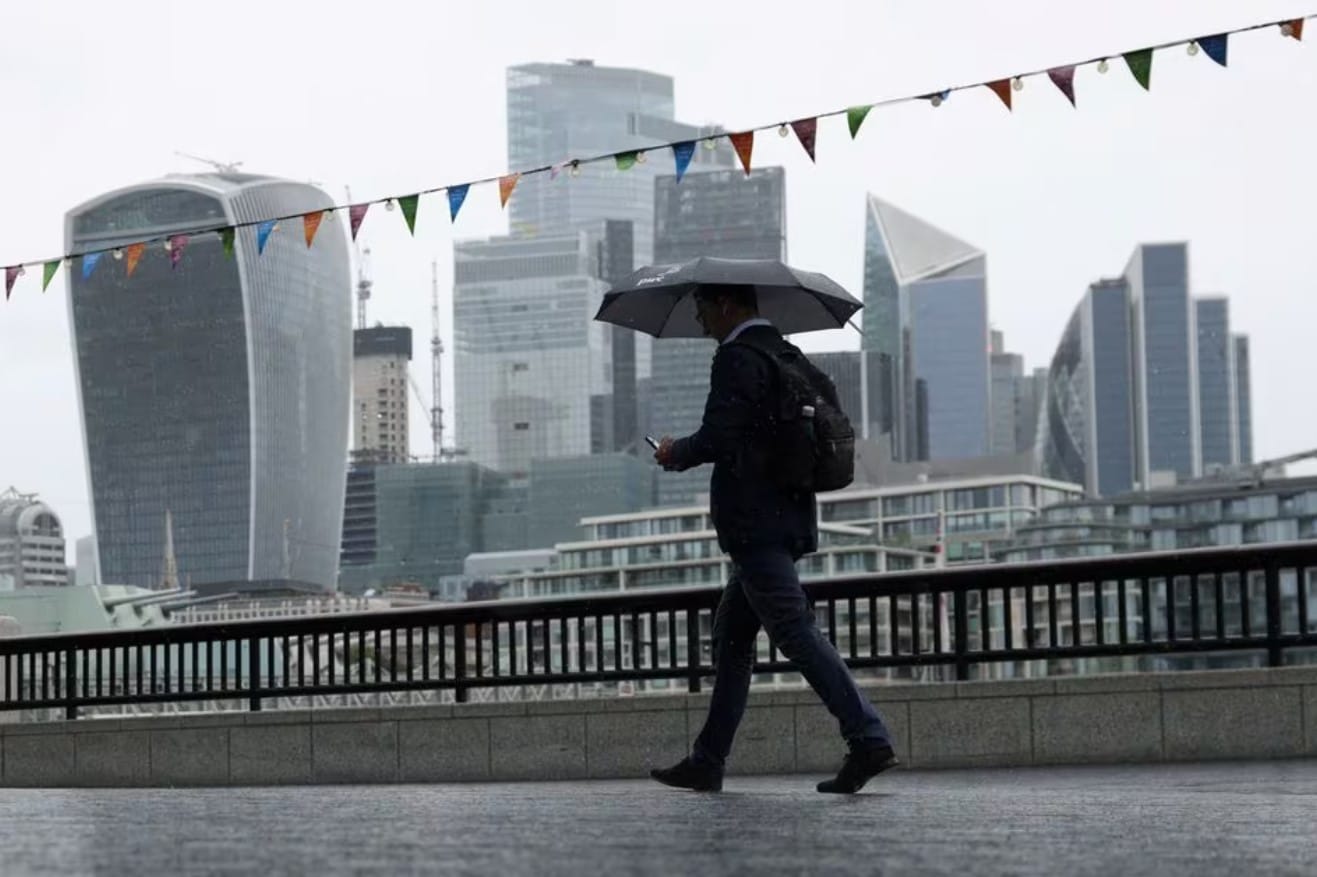Britain’s services sector lost momentum in the run-up to the new government’s first budget in October, with business activity growing at the weakest rate in 11 months and the first fall in employment since December, a survey showed on Tuesday.
The S&P Global UK Services Purchasing Managers Index stood at 52.0 last month from September’s 52.4 – the slowest pace of increase since November 2023.
October’s reading was slightly higher than a preliminary estimate of 51.8.
The composite PMI – which combines the services data with last week’s downwardly revised manufacturing survey – also fell to an 11-month low, slipping to 51.8 from September’s 52.6.
“The wait for clarity on government policy ahead of the Autumn Budget was widely reported to have weighed on business confidence and spending,” Tim Moore, economics director at S&P Global Market Intelligence, said.
“Broader geopolitical concerns and forthcoming US elections also added to a sense of wait-and-see on business investment decisions in October. At the same time, cost of living pressures remained a constraint on household spending.”
Moore said some companies noted constraints on their budgets due to elevated pay pressures.
Finance minister Rachel Reeves on Oct. 30 unveiled 40 billion pounds ($52 billion) in tax increases and higher-than-expected borrowing in her budget. She also announced an increase in the minimum wage for most adults and higher social security contributions for businesses – a change that is likely to hurt pay and hiring.
S&P Global said services businesses’ input costs rose at the fastest pace in three months in October, as did their prices, which had risen by the smallest amount in 43-months in September.
The Bank of England, which announces its interest rate decision on Thursday, sees persistently high services price inflation as a key factor limiting the pace at which it is likely to be able to cut interest rates.
Although economists expect the BoE to cut rates on Thursday after its first quarter-point reduction in August, this is a slower pace of loosening than in the United States or eurozone. Investors also see fewer BoE cuts in 2025, especially since the budget raised inflation fears.
Services firms also reported softer new order growth, S&P said, and grew less upbeat about activity expectations in the coming 12 months.







Click here to change your cookie preferences